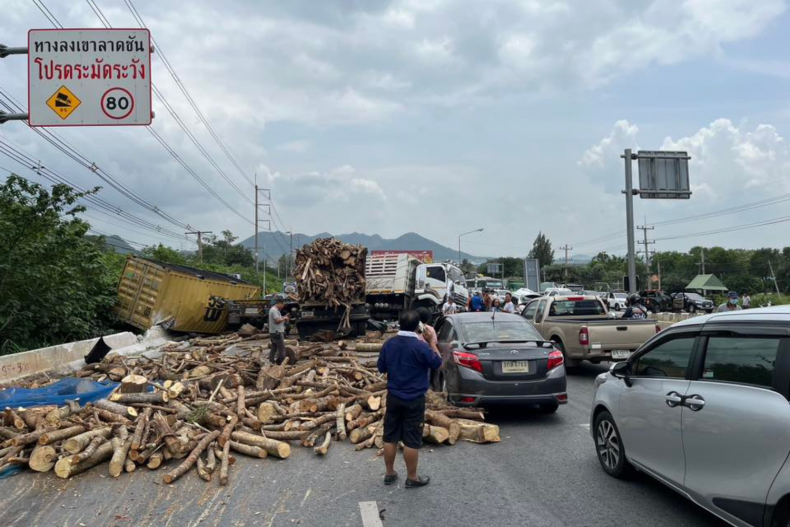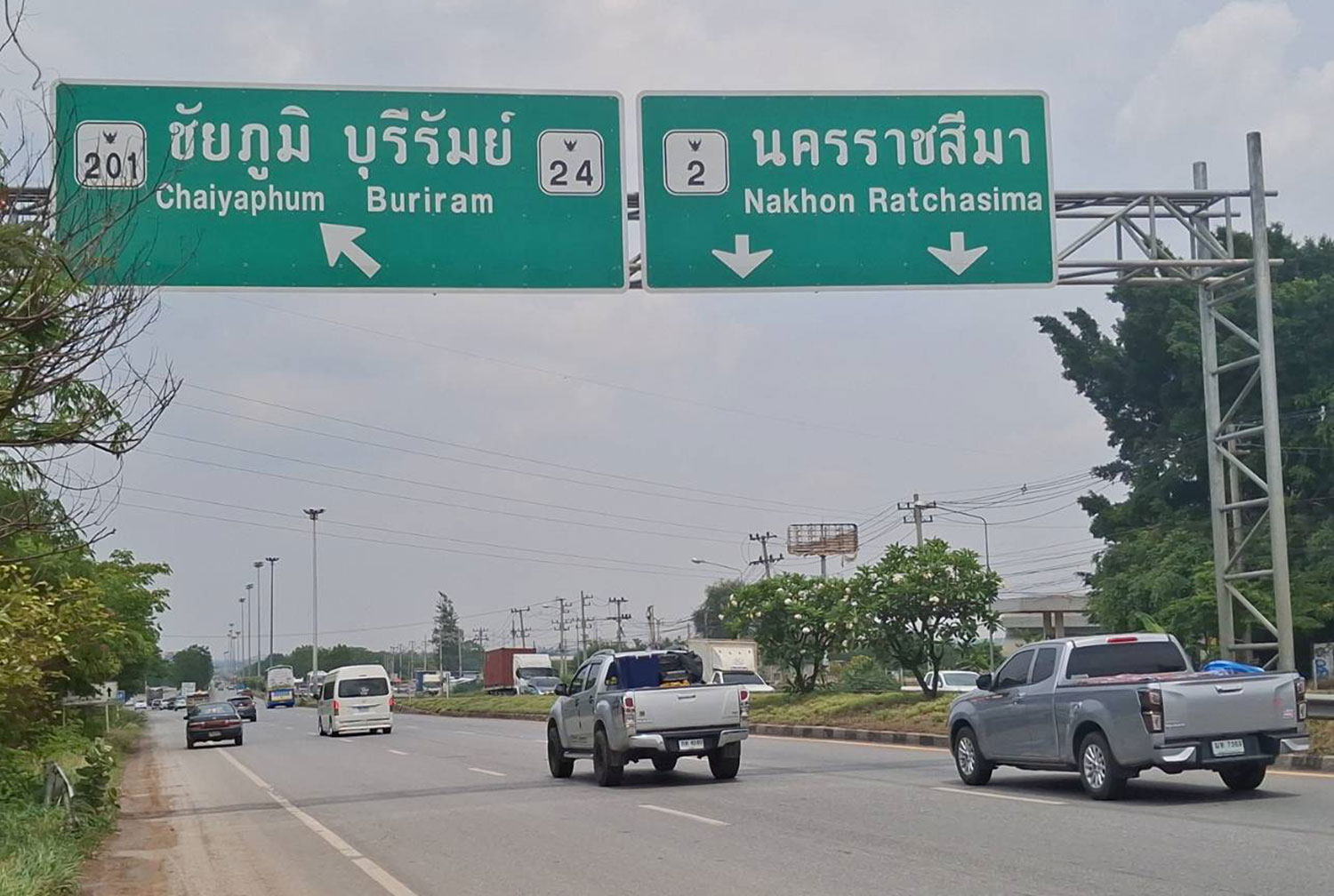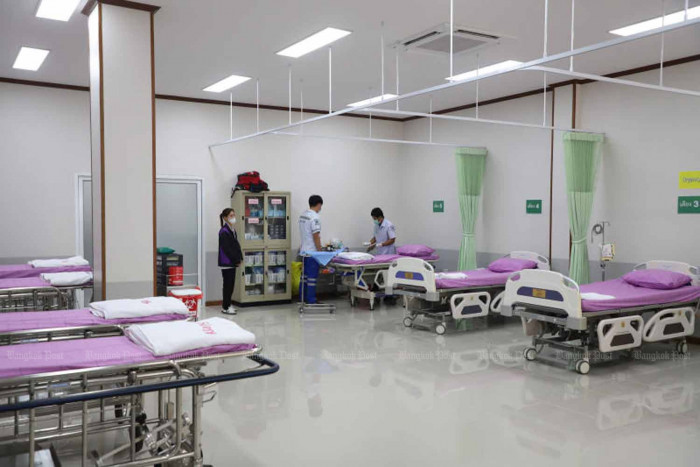Thailand Faces Red Levels of Smog Nationwide
Air Quality Crisis Across 44 Provinces
As of January 23, 2025, Thailand is grappling with hazardous air quality, with ultrafine dust levels classified as “red” in 44 out of 77 provinces. This alarming situation has prompted health officials to issue warnings, urging citizens to take precautions against the harmful effects of PM2.5 particulate matter.
Health Risks Associated with PM2.5
The Geo-Informatics and Space Technology Development Agency (Gistda) reported that PM2.5 levels reached dangerously high figures, with some areas recording up to 139.6 µg/m³ in Saraburi province. This is significantly above the government-set safety threshold of 37.5 µg/m³, highlighting the critical nature of the air quality crisis. Prolonged exposure to such high levels can lead to serious health issues, including respiratory and cardiovascular diseases.
Government Response and Public Health Recommendations
Work-from-Home Advisory Issued
In light of the ongoing air pollution crisis, the Ministry of Public Health is encouraging citizens to work from home where possible. This recommendation is part of a broader strategy aimed at reducing exposure to harmful air quality. The ministry plans to propose a nationwide work-from-home policy to the cabinet, emphasizing the need for immediate action to protect public health.
Protective Measures for Citizens
Health officials are advising residents, especially in heavily affected areas like Greater Bangkok and Samut Sakhon, to wear N95 masks for better protection against PM2.5 particles. Additionally, individuals experiencing symptoms such as coughing or eye irritation are urged to seek medical attention promptly.
Impact on Daily Life and Future Outlook
Educational Institutions Transitioning to Online Learning
Due to the hazardous air quality, several schools have shifted to online classes as a precautionary measure. This reflects a growing trend among educational institutions responding proactively to environmental health risks.
Long-Term Solutions Needed
Experts warn that without significant intervention and enforcement of pollution control measures, Thailand could face severe long-term health consequences and economic costs related to increased healthcare needs. The government is under pressure to implement stricter regulations and promote public awareness regarding air quality issues.In conclusion, as Thailand battles this ongoing air pollution crisis, immediate actions are crucial for safeguarding public health and mitigating environmental damage.








